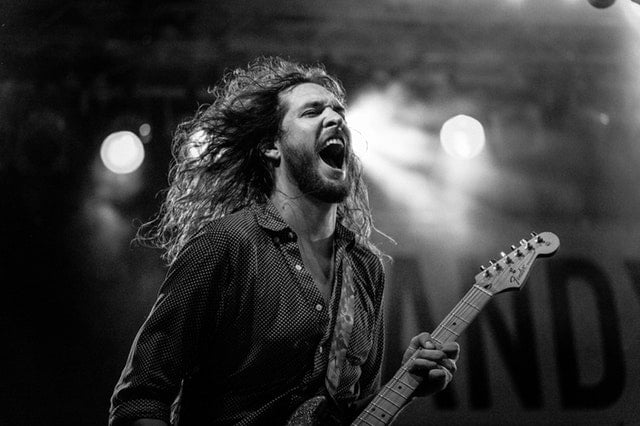Whether you love your job or are merely working for the weekend, you expect your workplace to at least be a safe one. But many workers in Tucson are at risk of developing occupational hearing loss. Knowing which jobs are particularly dangerous can help prepare you to keep safe.
On-the-Job Noise
Noise is the number one cause of hearing loss in Arizona and across the United States. About 22 million working Americans are exposed to hazardous noise levels each year. Sounds that exceed 85 decibels (dB) can cause permanent hearing damage; how long that takes depends on just how loud the sound is. At 85 dB you can listen safely for about eight hours, but for every 3 dB of sound above that, your safe exposure time is reduced by half. Sounds that are 100 dB can cause irreversible damage in just 15 minutes.
The two main ways in which noise can damage your hearing are:
- Single exposure to an extremely loud sound. One-time exposure to a very loud sound, such as a gunshot or explosion, can cause immediate hearing damage.
- Repeated exposure to loud sounds. Steady exposure to sounds will take its toll, as well. They don’t have to be ear-splitting to affect your hearing; over time, damage will occur even when listening to softer sounds.
Your audiologist in Tucson lists the following occupations as the riskiest for long-term hearing loss.
- Manufacturing. Factory work is the most dangerous job in terms of hearing damage. The noise from machinery and equipment frequently exceeds 85 dB and constant exposure is inevitable in most manufacturing facilities.
- Musicians. The rock ‘n roll lifestyle isn’t all glamourous. Musicians have a higher incidence of hearing loss, and it doesn’t matter whether you bang a drum, strum a guitar or shake a tambourine: when you are exposed to noise every day, damage is almost inevitable.
- Farmers. Farmers must contend with many on-the-job hazards, and noise exposure tops the list. Roughly 75 percent of farmers in Tucson will develop hearing loss, thanks to noisy tractors and farm equipment.
- Construction workers. Construction sites are notoriously loud. Repeated exposure to jackhammers, air guns, power saws, welding equipment and drills eventually takes its toll on hearing.
- Stadium employees. Employees in stadiums, arenas and other entertainment venues deal with noisy crowds on a daily basis. The situation is worse in venues with domes or retractable roofs.
- Dental workers. It’s not the scraping of plaque that is dangerous, but the high-pitched scream of the dental drill that can lead to permanent hearing damage.
- Coaches and referees. Starting guns, whistles and noise from crowds are a constant for coaches, referees and other officials who spend most of the game on the playing field.
- Teachers. Let’s face it, kids are noisy. Gather 30 of them in an enclosed classroom, add a dash of recess and a pinch of lunchtime, and you’ve got a recipe for hearing loss.
The Occupational Safety and Health Administration (OSHA) stipulates that employers whose workplaces exceed safe noise levels provide hearing protection for all employees, but not all who should comply do so. If you work in a noisy occupation such as those listed above, it’s a good idea to invest in a quality pair of earplugs or earmuffs—and wear them every day.
For more information on jobs that are hazardous to your hearing or to learn more about protecting your ears, contact an audiologist in Tucson.
